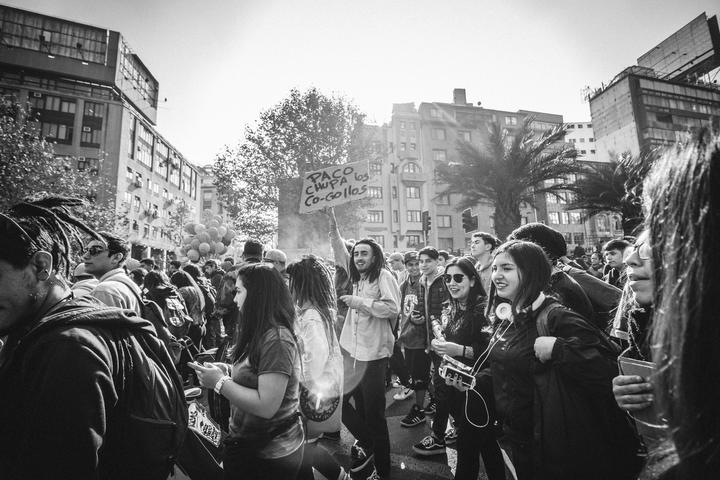 Image credit: Cesar Carlevarino
Image credit: Cesar CarlevarinoResumen
Tracing Mapuche Exclusion from Post-Dictatorial Truth Commissions in Chile
This article critically examines the official misrecognition of Mapuche experiences of violence during Augusto Pinochet’s dictatorship (1973–1990) in state-sponsored truth commissions in Chile. We examine official post-dictatorial truth commission politics, narratives and procedures, analyzing how they envisioned the Mapuche as a political (absent) subject and how specific and homogenizing notions of victimhood were produced. We draw attention to three forms of cultural response by the Mapuche toward the official practices of the truth commissions from a bottom-up perspective: indifference, ambivalence and cultural resistance. We then draw attention to unofficial initiatives by nongovernmental organizations (NGOs) and grassroots groups that have aimed to tackle this gap in the transitional justice mechanisms by creating oppositional knowledge. We see in these counter initiatives a valuable knowledge that could allow the creation of bridges between Mapuche communities, mechanisms of transitional justice, grassroots and NGO activism and the Chilean state.